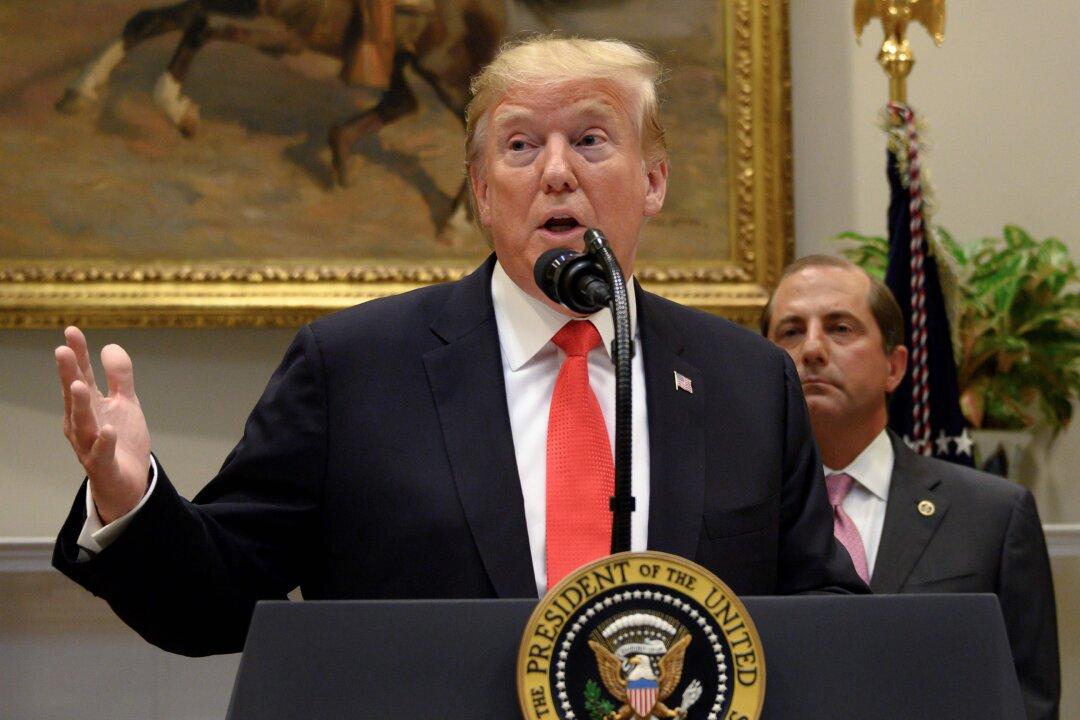President Donald Trump said on Sept 6 that a bipartisan immigration deal “will be made to the benefit of all” in Congress if the Supreme Court rules to end the Obama-era Deferred Action for Childhood Arrivals (DACA) program.
“DACA will be going before the Supreme Court. It is a document that even President Obama didn’t feel he had the legal right to sign - he signed it anyway! Rest assured that if the SC does what all say it must, based on the law, a bipartisan deal will be made to the benefit of all!” Trump wrote on Twitter.




